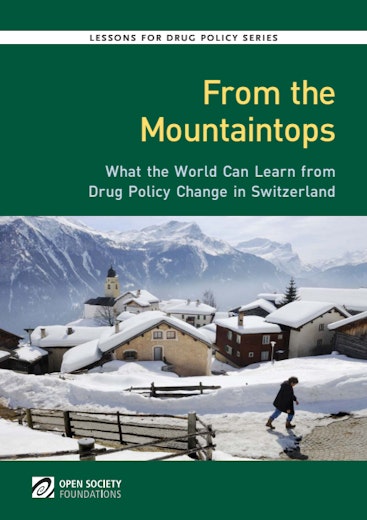How the Drug War Creates More Drugs
By Patrick Gallahue
There has been an explosion of so-called ‘legal highs’ in recent years and their production shows no signs of abating.
These potentially dangerous drugs—sold as plant food, collector’s items or bath salts—have been blamed for a number of incidents ranging from fatal overdoses to a series of “zombie-style cannibal attacks” (later disproven).
As lawmakers rush to come up with legislative responses—often consisting of new laws banning these substances—a recent report by a group of lawmakers reveals that it is precisely this proscriptive impulse that may be driving the creation of even more synthetic drugs.
Manufacturers of these drugs (the majority of which are marijuana substitutes) produce them to bypass existing proscriptive drug laws. But once the new substance is banned, chemists get to work to produce newer, possibly even more dangerous drugs, according to a new report by the UK’s All-Party Parliamentary Group for Drug Policy Reform.
“Banning substances within the current system has not, and in our view will not, reduce their use overall,” the group wrote in its report Towards a Safer Drug Policy: Challenges and Opportunities arising from ‘legal highs’.
“Evidence presented here indicates that, paradoxically, the banning of one drug can make the situation worse by stimulating the production of yet more new, unknown and potentially dangerous substances.”
The group suggests that the UK government study alternative policies like one being introduced in New Zealand that would create a licensing regime which would require any new substances to go through a lengthy testing process before approval for legal sale.
The group wrote, “A useful feature of New Zealand’s planned policy is to assess both the harms arising from a particular substance and the harms arising from controlling it.”
This passage contains one critical recommendation that any government would be wise to follow—the impacts of laws should be examined just as thoroughly as the impact of particular drugs.
Because evidence is beginning to indicate that the consequences of the response may be as bad as the thing we are trying to control.
Until February 2015, Patrick Gallahue was a communications officer with the Global Drug Policy Program.
